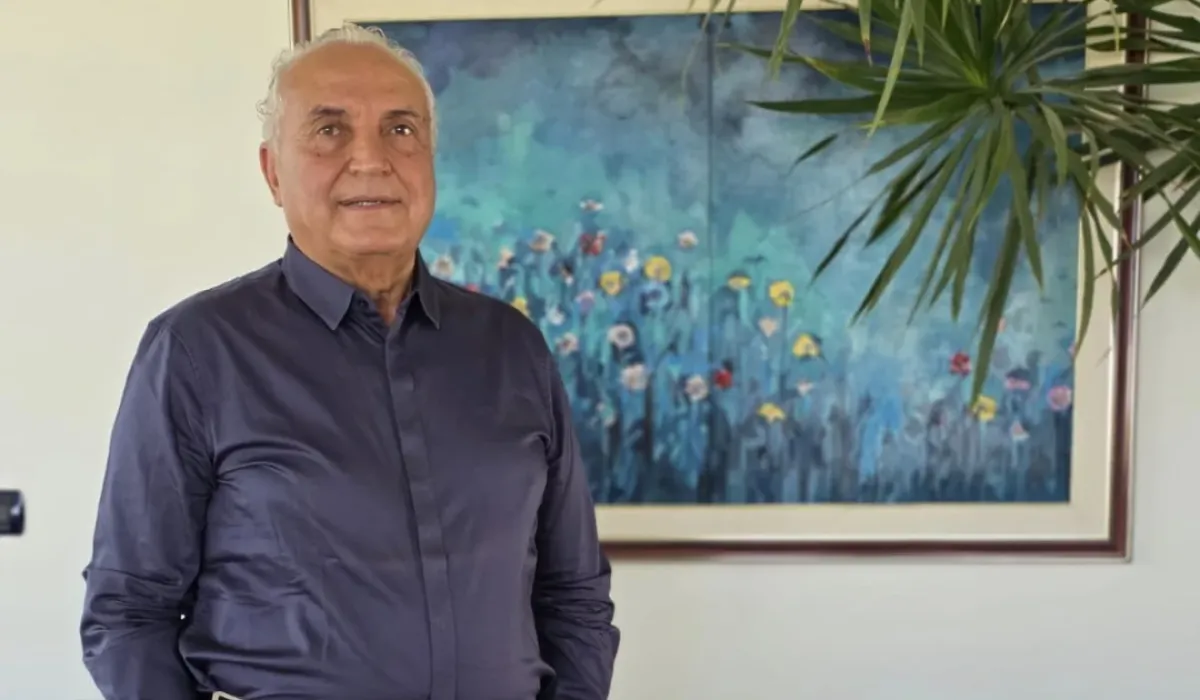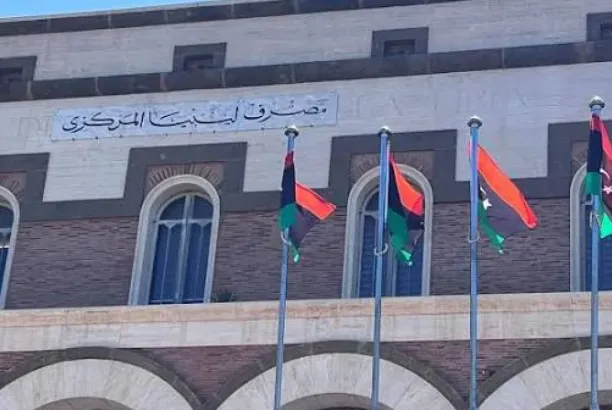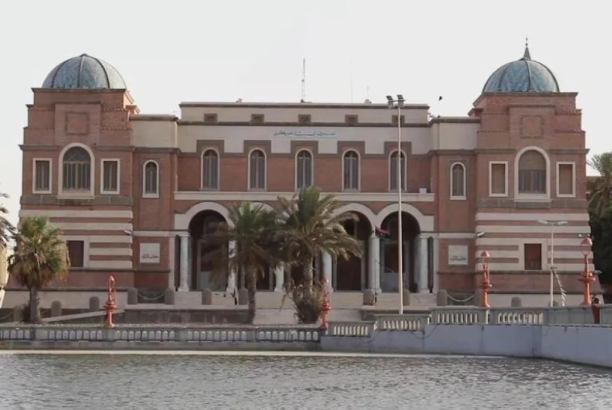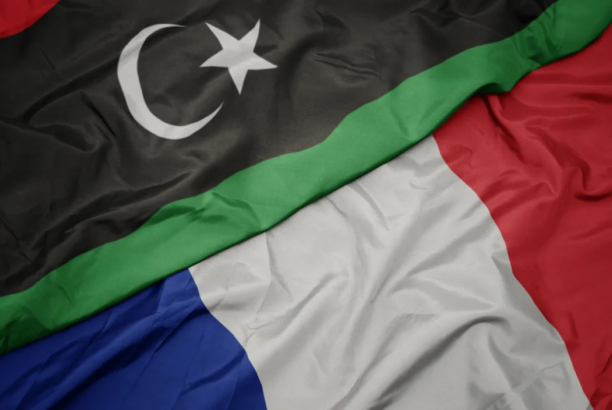
| News
Exclusive – Hosni Bey to Sada: Burning Cheques Is a Crime, and Protecting the Economy and Citizens Begins by Draining the Sources of Exploitation
Libyan businessman Hosni Bey told our source in an exclusive statement that speculation on the Libyan dinar — known as “burning cheques” — is a crime, stressing that protecting the economy and citizens starts by cutting off the sources of profit gained through such acts.
He explained that speculation on the dinar, or “burning cheques,” is a clear and disgraceful crime — an act that is not only illegal but also harms citizens before it damages the country as a whole.
He added that anyone who participates in or colludes with such practices is effectively stealing the nation’s resources and harming the public interest.
According to Bey, both commercial banks and the Central Bank of Libya can trace accounts involved in cheque deposits or money transfers, as well as accounts used for cash withdrawals. He emphasized that nothing is impossible when there is genuine will to expose those involved and complicit in this organized crime.
He went on to say that, unfortunately, some attempt to justify or legitimize cheque burning by disguising it as gold or dollar trading deals, or through other deceptive practices that make illegal activities appear lawful. Bey noted that some people — whether out of personal interest or ignorance — overlook the fact that any act prohibited by law cannot be religiously permissible. Violating the law, he said, constitutes a violation of religious principles as well.
He added that beyond the religious or legal debate, no crime can be eliminated without drying up the sources of illicit gain — and that begins with enforcing the law. The law, he noted, prohibits any public institution from accepting cash payments exceeding 100 dinars.
Bey further stated that the government can issue decrees preventing companies, institutions, and public entities (such as telecommunications companies, the Iron and Steel Company, cement factories, and Brega Oil Marketing Company) from accepting cash payments for services, except through bank transfers, certified cheques, or electronic payments, and only from accounts registered under the beneficiary’s name — in line with international anti–money laundering regulations.
He stressed that the difference between the official and parallel market exchange rates for the U.S. dollar is a natural result of the absence of a flexible exchange rate policy. This leads to budget deficits that are financed by creating money out of nothing, expanding the money supply base. Consequently, the money supply increases in two components: the cash held by the public (about one-third of total money supply) and bank deposits (the remaining two-thirds).
Bey added that decades of lost trust in the banking sector, along with a shortage of exchangeable cash, have created a real liquidity crisis.
He attributed the main cause to the rapid growth of the monetary base in 2023, which rose from around 64 billion dinars at the end of 2022 to over 94 billion dinars in 2023 — meaning that roughly 30 billion dinars were created without any real backing.
Bey concluded his statement by outlining recommendations and proposed measures to curb the crime of cheque burning:
- Require commercial banks and the Central Bank of Libya to monitor and suspend accounts where cheques or transfers are deposited and from which cash withdrawals are made.
- Enact and enforce legislation criminalizing the acceptance of cash payments exceeding 100 dinars by public entities, and requiring that larger payments be made only through official accounts (bank transfers, certified cheques, or electronic payments).
- Impose strict controls on cash settlements in vital sectors (telecommunications, oil, and strategic industries), ensuring that all payments are made electronically or through official bank accounts.





